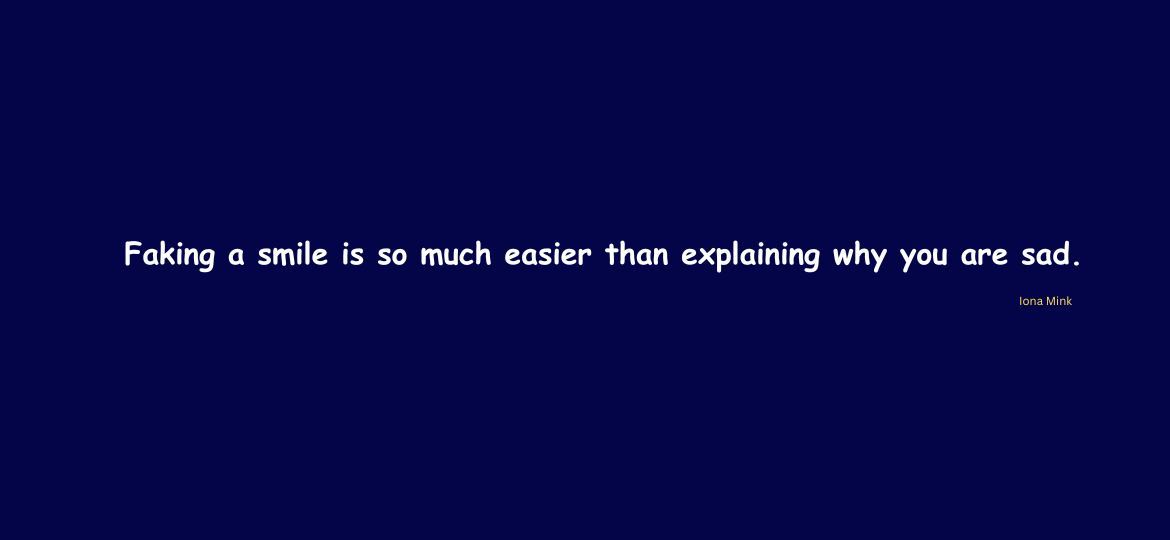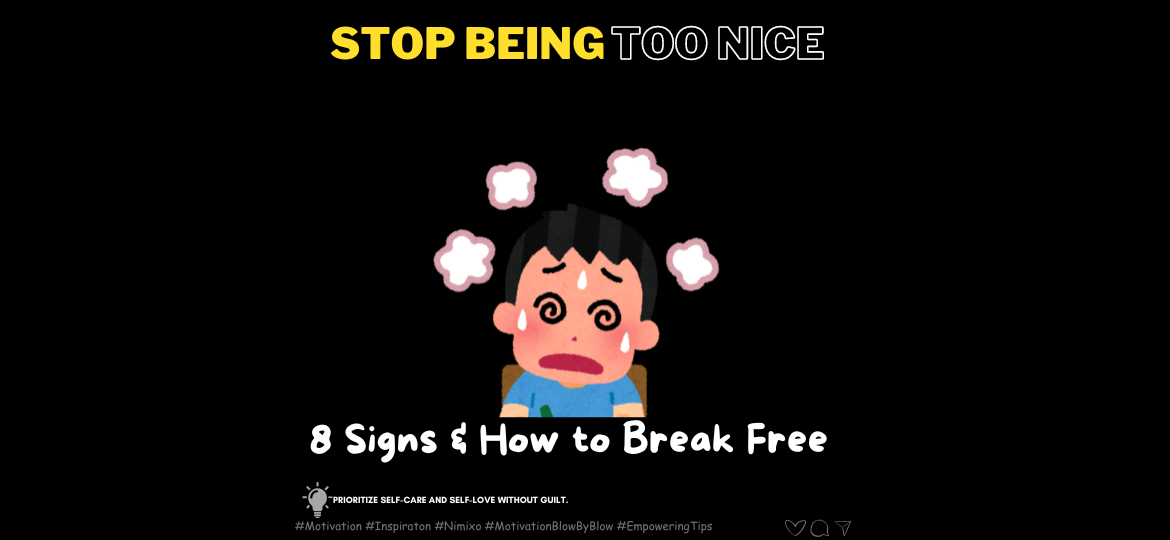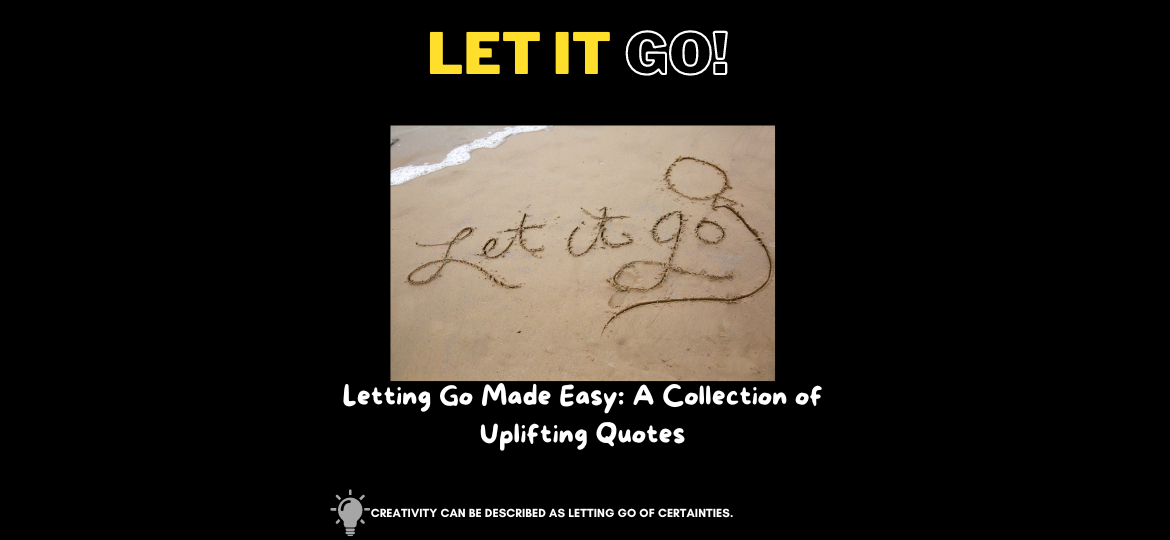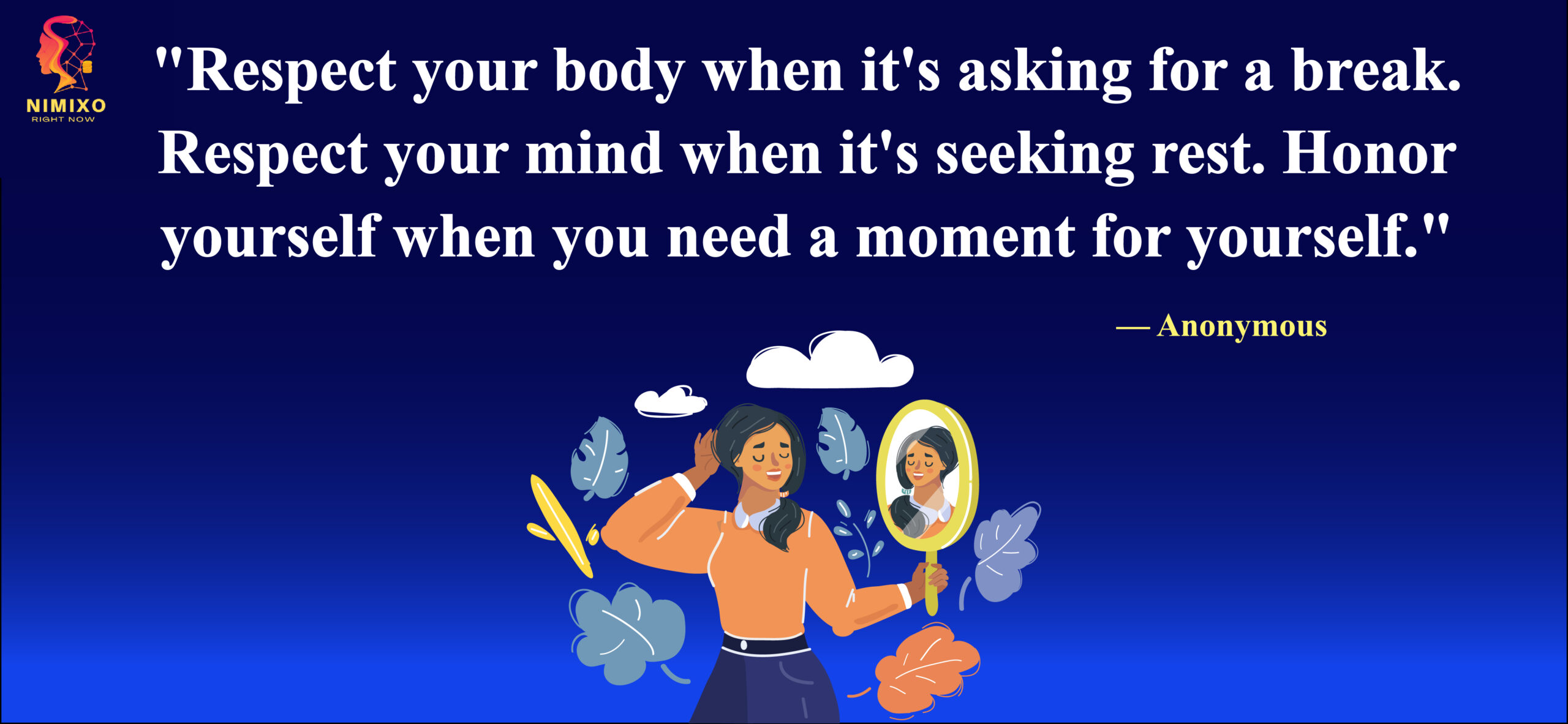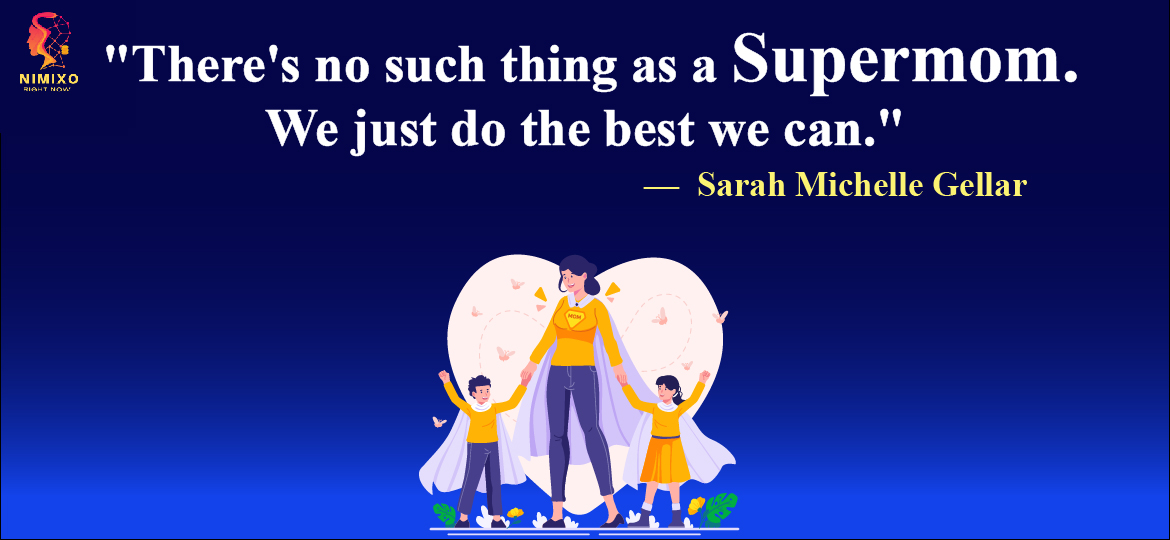The Hidden Weight of Pretending: Why Faking a Smile Is Easier Than Explaining Sadness
In the intricate dance of human emotions, sometimes, putting on a brave face seems like the most straightforward path. We’ve all been there – those moments when we feel the weight of sadness or turmoil within, yet we choose to wear a smile, concealing our inner struggles. “Faking a smile is so much easier than explaining why you are sad” is a sentiment that resonates with many, revealing the complex interplay of emotions, social expectations, and the art of concealing vulnerability.
From an early age, we are taught the social value of a smile. It’s a universal language that transcends borders and cultures. Smiles signal friendliness, approachability, and positivity. As a result, we often find ourselves putting on a smile, even when our hearts are heavy.
The Fear of Burdening Others
One of the primary reasons for faking a smile is the fear of burdening those around us with our problems. We worry that our sadness may be too much for others to handle, or we fear being judged or stigmatized for our vulnerability. Consequently, we choose to hide our pain behind a facade, sparing others from the discomfort of our truth.
The Pressure to Appear Strong
Society often places a premium on strength and resilience. We are encouraged to overcome obstacles and face adversity with unwavering determination. Consequently, admitting to sadness or struggling can feel like a deviation from this societal expectation. Faking a smile becomes a way to maintain an image of strength, even when we are at our most fragile.
The Complexity of Emotional Expression
Explaining sadness is not always straightforward. Emotions can be nuanced and multifaceted, making it challenging to put into words what we are feeling. This complexity can be overwhelming, leading us to choose the simpler route of smiling instead.
The Consequences of Concealing Emotions
While faking a smile may offer temporary relief from discomfort or the appearance of strength, it can also have long-term consequences. Bottling up emotions can lead to increased stress, anxiety, and even depression. It can strain relationships and hinder personal growth.
The Importance of Authenticity
In a society that frequently prioritizes the facade of happiness above genuine emotional expression, it’s crucial to keep in mind that vulnerability should not be equated with weakness. It requires bravery to openly communicate our challenges, fears, and sadness with others. Being authentic in our emotional expression can foster deeper connections, enhance empathy, and grant us a more profound self-understanding.
Finding Balance
Faking a smile, at times, may be necessary for social harmony or personal privacy. However, it’s crucial to strike a balance between concealing emotions and sharing them when appropriate. Building a support network of trusted friends and family who can provide a safe space for open communication is invaluable.
“Faking a smile is so much easier than explaining why you are sad” encapsulates the intricate relationship between emotions and social expectations. While there are valid reasons for putting on a brave face, it’s equally important to recognize the value of authenticity in our emotional expressions. Striking a balance between the two can lead to a more fulfilling, emotionally rich life, where we are free to be ourselves without fear of judgment or burdening others.

